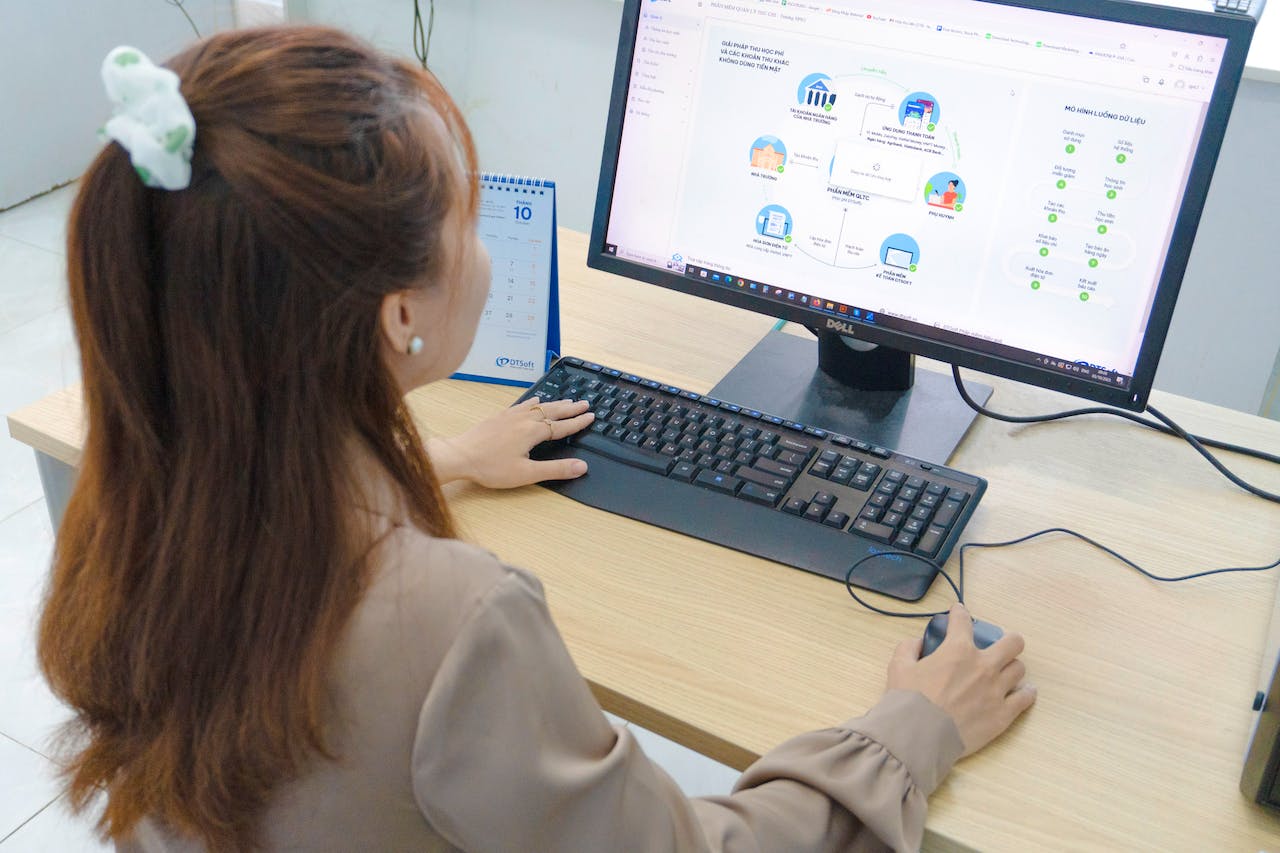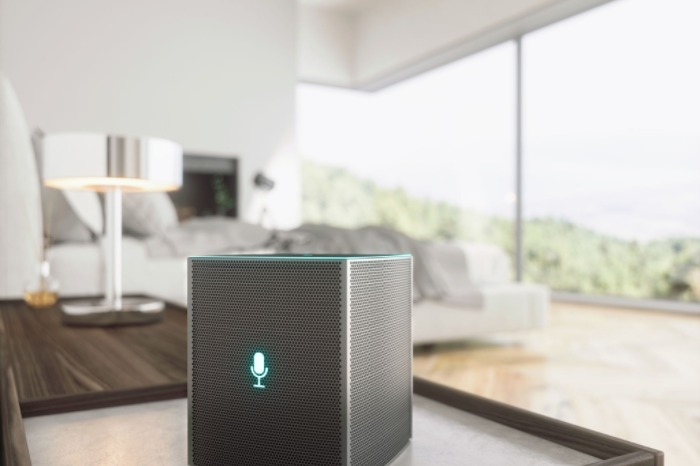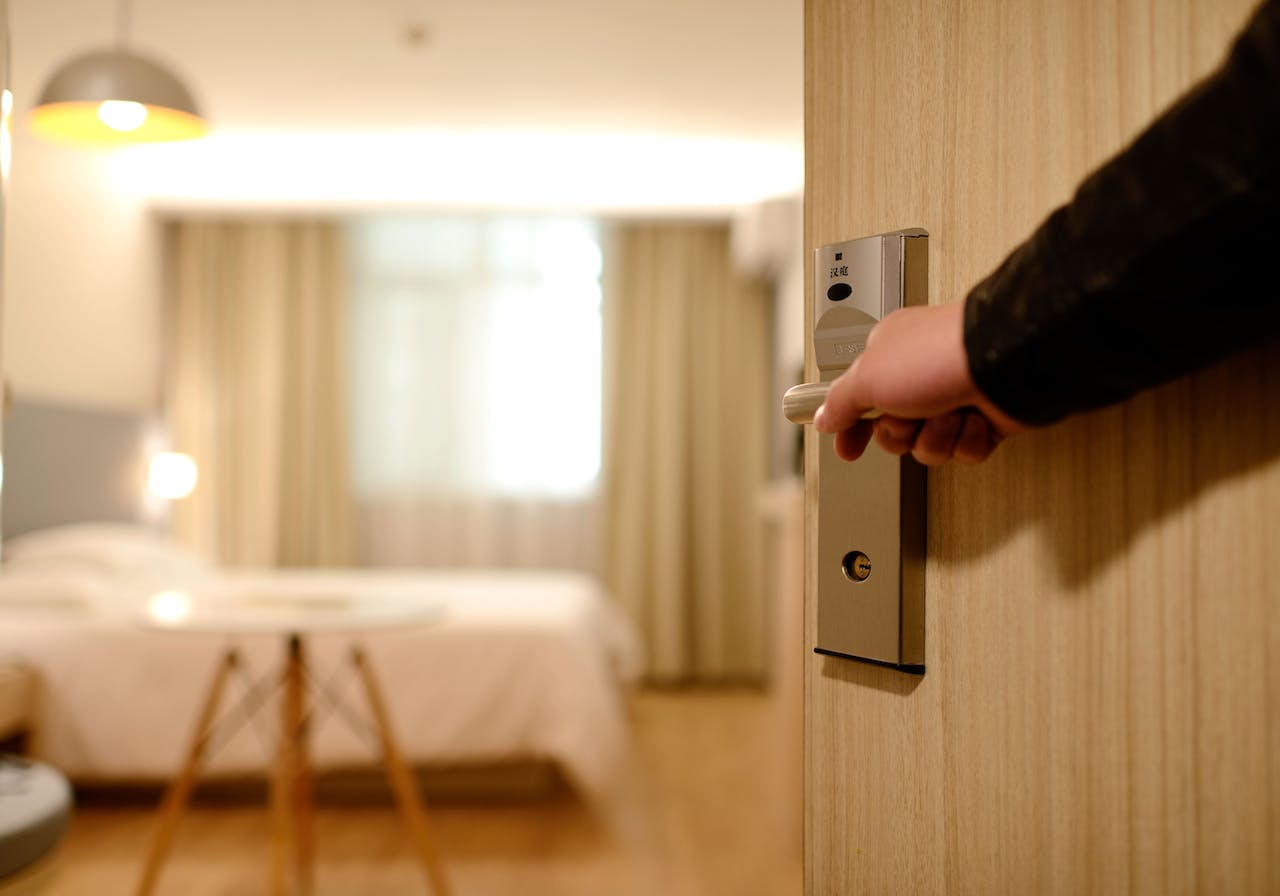The concept of an Airbnb blacklist plays a critical role in maintaining the integrity and safety of the Airbnb community. This blacklist represents a system wherein guests who have violated certain guidelines or behaved inappropriately can be restricted or barred from booking properties. Understanding this aspect is essential for hosts as it directly impacts their property management and guest interaction strategies.
Overview of Airbnb Blacklist Concept
The Airbnb blacklist is not an official, publicly accessible list but rather an internal mechanism used by Airbnb to safeguard both hosts and guests. It involves flagging guests who have consistently received negative reviews or have been reported for violating Airbnb’s terms of service. This system helps in preventing problematic guests from causing further issues in the community.
Purpose and Significance in Property Management
For property managers and hosts, the Airbnb blacklist serves as a crucial tool for risk management. It aids in identifying guests who might pose potential risks to their properties or violate house rules. By understanding how this system works, hosts can better manage their bookings and ensure a safer, more positive experience for all parties involved.
Understanding the Airbnb Blacklist
Definition and Criteria for Blacklisting
Blacklisting on Airbnb is a process based on specific criteria. These can include severe violations like property damage, theft, non-compliance with house rules, or any form of threatening or dangerous behaviour. Airbnb’s system flags such guests, and upon review, may restrict their ability to make future bookings.
Implications for Hosts and Guests
The implications of the Airbnb blacklist are significant for both hosts and guests. For guests, being blacklisted means a loss of access to the convenience and variety offered by Airbnb properties. For hosts, understanding who is blacklisted can prevent potential negative experiences and property damage, ensuring a more secure rental process.
Mechanics of Airbnb’s Guest Screening Process
Airbnb’s guest screening process is a multi-layered system designed to ensure safety and compliance within the community.
Screening Methods and Policies
Airbnb uses a combination of automated and manual screening processes. The automated system screens for red flags in guest profiles and past behaviours, while the manual review involves Airbnb staff assessing reports and incidents. This dual approach aims to comprehensively evaluate guest suitability.
Role of Reviews and Ratings in Screening
Reviews and ratings play a crucial role in Airbnb’s screening process. Positive reviews generally indicate reliable guests, whereas negative reviews can be red flags leading to closer scrutiny. Hosts are encouraged to provide honest and detailed reviews of their experiences with guests, contributing to the overall effectiveness of the screening process.
Instant Book Airbnb: Pros and Cons
The Instant Book feature on Airbnb allows guests to book properties without waiting for host approval, streamlining the booking process significantly. However, this feature comes with its own set of advantages and disadvantages for hosts.

Explanation of Instant Book Feature
Instant Book on Airbnb is designed for convenience, enabling guests to secure a rental without undergoing the traditional pre-approval process from the host. This feature is activated by hosts who wish to offer their properties for immediate booking, based on the availability set in their calendar.
Benefits and Challenges for Hosts
The primary benefit of Instant Book is the increased likelihood of bookings, as it appeals to guests who prefer quick and straightforward reservation processes. It can also positively impact a listing’s visibility and ranking on the platform.
However, the challenges include reduced control over who books the property. Without the pre-booking communication, hosts might find it harder to screen guests effectively. This could potentially lead to situations where guests do not fully understand or respect the property’s rules and expectations.
Strategies for Effective Guest Screening on Airbnb
While Instant Book offers convenience, it’s crucial for hosts to employ effective strategies to mitigate risks and ensure they are welcoming suitable guests.
Tips for Identifying Potential Problem Guests
Hosts should carefully review guest profiles, looking for verified identity badges and reading through past reviews from other hosts. A lack of information or multiple negative reviews can be red flags. Additionally, hosts can set specific requirements for Instant Book, such as requiring guests to have a certain number of positive reviews or no prior cancellations.
Setting Up Clear House Rules and Expectations
Clear and detailed house rules are essential. These rules should be prominently displayed in the listing and communicated again after booking. This ensures that guests are fully aware of what is expected of them, reducing the likelihood of misunderstandings or rule violations.
How to Turn Off Instant Book Airbnb
There may be situations where a host decides that Instant Book is not suitable for their property management style or specific circumstances. In such cases, turning off the feature is a straightforward process.
Step-by-Step Guide to Disabling Instant Book
To disable Instant Book, a host needs to:
1. Log into their Airbnb account and navigate to the ‘Listings’ section.
2. Select the listing they wish to edit.
3. Find the ‘Booking settings’ or a similar section and look for the Instant Book toggle.
4. Turn off the Instant Book feature by toggling the switch to the off position.
When and Why to Consider This Option
Turning off Instant Book might be considered in various scenarios, such as when a host prefers to have more control over guest selection or when they wish to communicate with guests before confirming a booking. This can be particularly important for hosts with unique or sensitive properties, those who have had negative experiences with guests in the past, or those who simply prefer a more personal approach to renting their space.

Managing Guest Restrictions and Airbnb Blacklist
Effectively managing guest restrictions and the implications of the Airbnb blacklist is crucial for maintaining a successful and secure rental business.
Best Practices for Handling Restricted Guests
When dealing with restricted guests, it’s important to adhere to Airbnb’s policies while maintaining professionalism and empathy. Hosts should:
1. Politely communicate with the guest about the restriction, citing Airbnb’s policies.
2. Offer assistance or guidance if the guest has queries about the restriction.
3. Report any concerning behaviour or violations to Airbnb immediately.
Maintaining a firm yet courteous approach is key in these situations, ensuring that the interaction remains respectful and within the guidelines set by Airbnb.
Communicating with Guests About Restrictions
Transparency and clear communication are essential when discussing restrictions with guests. Hosts should explain the reasons behind any restrictions, such as house rules or community guidelines, ensuring guests understand the importance of compliance. This communication should always be documented within the Airbnb platform for record-keeping and safety purposes.
Navigating Legal and Ethical Considerations
As an Airbnb host, it’s crucial to be aware of and comply with Airbnb’s policies, local laws, and ethical considerations, especially regarding guest restrictions and blacklisting.
Understanding Airbnb’s Policies and Local Laws
Hosts must familiarise themselves with Airbnb’s policies regarding guest behaviour and restrictions. Additionally, understanding local laws related to short-term rentals is vital to ensure compliance and avoid legal issues.
Balancing Safety and Discrimination Concerns
While safety is a paramount concern, hosts must also be mindful of discrimination laws and Airbnb’s non-discrimination policy. Ensuring that all guests are treated fairly and equally, regardless of race, gender, religion, or other protected characteristics, is not just a legal requirement but a moral responsibility.
Conclusion: Optimising Airbnb Hosting Experience
In conclusion, understanding and managing guest restrictions, including the Airbnb blacklist, is an integral part of being a successful Airbnb host. By staying informed about Airbnb’s policies, using available features wisely, and maintaining clear communication, hosts can create a safe, enjoyable, and compliant hosting environment.
Ready to elevate your Airbnb hosting experience? Start by revisiting your guest screening strategies and ensure you’re up to date with the latest in Airbnb hosting best practices. It’s your move to create exceptional guest experiences!




























